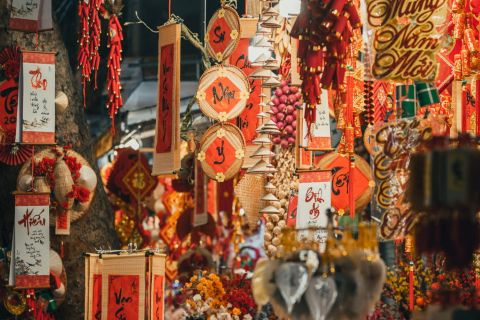Your priorities while studying at SIM
An exchange semester is your chance to explore a new culture, make new friends, and have amazing experiences. But remember, you’re not only there to play, you’re also there to learn! Don’t forget that during this exchange, your courses are still counted towards your GPA, so don’t forget to put in the work. This is a great opportunity to get HDs since you will likely have all the time you need to focus on your studies as you cannot intern or work.
In terms of quality of teaching, the first three lecturers are taught by Course Coordinators from RMIT Melbourne who are Visiting Lecturers. There are no online classes, and you’ll sit in big lecture halls - perfect for romanticising the university experience. The local lecturers have high expertise, and they value your curiosity and love of learning above all else. The course materials are 100% the same as the ones in Melbourne, so you don’t have to worry about knowledge inconsistencies.
International students must maintain a 90% attendance rate using the mySIM app. The classrooms have Bluetooth so that only when you’re in the right class at the right time can you take attendance. If you’re more than 1 hour late, it will count as an absence. There are also Independent Study classes, which are mandatory to attend for International Students.
Student Clubs in Singapore are called CCAs (Co-curricular activity). You don’t have to be a member to join their events; all details are on the mySIM app. Facilities at SIM include food courts, dance classes, lecture halls, Subway, Starbucks, basketball court, and many more. My personal favorites were weekly board games sessions and buffet with the Toastmasters Club. 5 stars on Yelp, would recommend.






